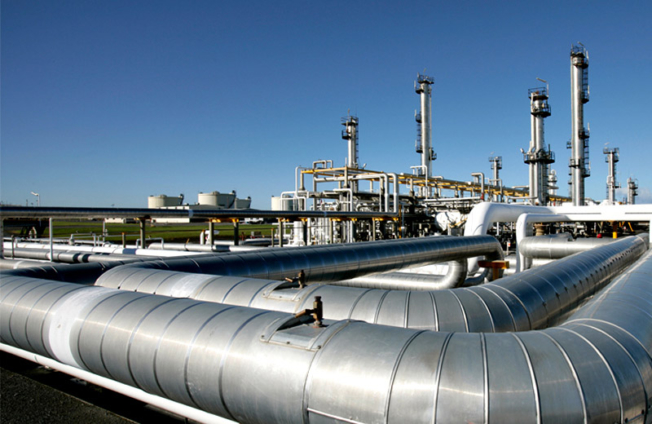Even as Ghana gears up for the Africa Continental Free Trade Agreement Area (AfCFTA) in 2021, existing weaknesses in the country’s export sector pose a threat to competition, home and abroad.
A strategy document on the National Export Development Strategy (NEDS) cites; “infrastructural deficit in electricity, water, road and rail networks; insufficient incentives for export, difficulty in the access to credit and high cost of borrowing,” among others as areas needing urgent intervention.
The Continental Free Trade Agreement Area - with a trade potential of $3 billion - has pressured African economies to milk out the best goods distinction and trade incentive to be highly competitive and profitable.
“The potential dynamic benefits of the AfCFTA are particularly important. Larger integrated markets may well be more attractive to investors and along with new investment could come new technologies and learning that could boost productive capacity”. - Executive Director, Trade Law Center and member of the committee for development policy, remarked in an op-ed to the World Bank.
The 10-year NEDS programme has, in ink and print, spelled out interventions to deal with these shortfalls.
In a 12-point intervention strategy, NEDS included connecting leading local companies to global value chains of giant multinationals and the World Food Programme to provide ready market and technical support to local companies. Highlights include;
- Application of fiscal incentives and measures to reduce production costs, enhance competitiveness, reduce risk and cost of doing business.
- Provision of effective marketing support to export-oriented companies and industries under the One-District-One-Factory programme.
Over the past thirty years, Ghana has enhanced its status in international trade. The country has recorded substantial expansion in total exports (traditional and non-traditional) and imports.
However, the recent weak performance of the Non-Traditional Exports (NTEs) sector and other adverse developments in the external sector have revealed the risks and weaknesses and uncertainties associated with over dependence on a limited range of raw export commodities.
Latest Stories
-
Volta regional minister urges churches and religious leaders to embrace farming
8 minutes -
Nigerian artiste Drela teams up with Stonebwoy on new song ‘Dem Dead’
14 minutes -
Zimbabwe’s Kirsty Coventry officially takes over as IOC President
19 minutes -
Scars of Hooliganism: Former Nsoatreman FC boss urges venue reform to tackle hooliganism
33 minutes -
TOR debt is now $517 million — Acting MD
39 minutes -
I don’t respect any of these groups anymore – Former MP slams CSOs over galamsey menace
47 minutes -
2025 Bankers Football League launched to foster unity and well-being in the banking sector
47 minutes -
We can’t fight galamsey, it’s a waste of time – Former MP
60 minutes -
Gyamfi Kumanini SECTECH appeals for urgent government support amid infrastructure crisis
1 hour -
Bright Simons alleges massive rot at Development Bank Ghana
1 hour -
Ghana and neighbours host 160,000 displaced persons as EU pledges €10m support for West Africa
1 hour -
Bonn Climate Talks: Africa has eyes on $1.3 trillion climate finance roadmap
1 hour -
Career Fair inspires rural students in Tano North to dream bigger
1 hour -
Bridging Africa’s data science and artificial intelligence gap: How ERDSI is leading the change to meet global demands
1 hour -
Over 200 former MMDCEs meet Bawumia as NPP flagbearer race intensifies
2 hours

